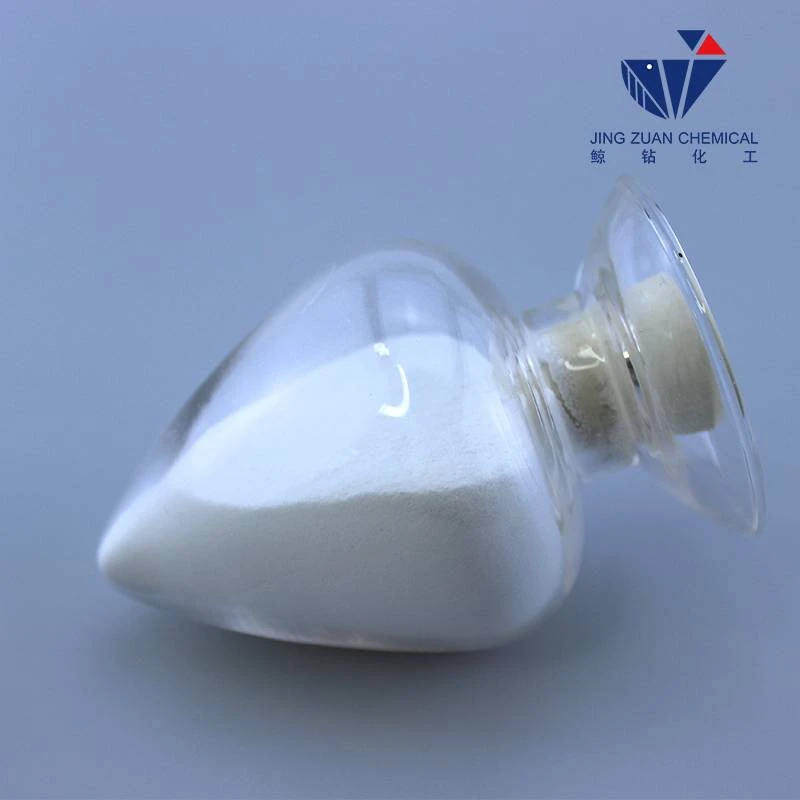
Nov . 19, 2024 01:38 Back to list
Applications and Benefits of Hydroxyethyl Cellulose in Various Industries
The Diverse Uses of Hydroxyethyl Cellulose
Hydroxyethyl cellulose (HEC) is a non-ionic, water-soluble polymer derived from natural cellulose, renowned for its versatility in various applications. With its unique chemical structure, HEC has gained prominence across multiple industries, including pharmaceuticals, cosmetics, food, and construction. This article delves into the diverse uses of hydroxyethyl cellulose, highlighting its benefits and applications.
1. Pharmaceutical Applications
In the pharmaceutical industry, hydroxyethyl cellulose is widely utilized as a thickening agent, stabilizer, and emulsifier. Its ability to form gels and enhance the viscosity of liquid formulations makes it a valuable ingredient in various dosage forms, including syrups, suspensions, and topical creams. HEC is particularly important in controlled-release drug formulations, where it helps regulate the release of active ingredients, thereby improving therapeutic efficacy and patient compliance. Moreover, its biocompatibility makes it suitable for use in ophthalmic solutions and contact lens formulations.
2. Cosmetic and Personal Care Products
Hydroxyethyl cellulose is a key ingredient in many cosmetic and personal care products. Its thickening and hydrating properties contribute to the texture and stability of lotions, creams, shampoos, and conditioners. HEC acts as a film-forming agent, providing a smooth and consistent application, which enhances the overall user experience. Furthermore, its ability to retain moisture makes it an excellent choice for moisturizing products, improving skin hydration and leaving a soft feel on the skin. Additionally, HEC is often used in gels and cleansing products for its soothing properties, making it suitable for sensitive skin formulations.
3. Food Industry
hydroxyethyl cellulose uses

In the food industry, hydroxyethyl cellulose serves as a food additive, primarily due to its thickening and stabilizing properties. It is often used in sauces, dressings, and dairy products to improve texture and viscosity, contributing to a more appealing mouthfeel. HEC can also act as a gluten substitute in gluten-free products, aiding in structure and consistency. With its plant-based origin, HEC aligns with modern consumer preferences for clean-label ingredients, making it a popular choice among food manufacturers aiming to create healthier options.
4. Construction and Building Materials
Hydroxyethyl cellulose finds significant applications in the construction industry, particularly in the formulation of cementitious and dry-mix mortars. As a water-retention agent, HEC helps maintain moisture during the curing process, ensuring proper hydration and improving the strength and durability of the final product. It is also used to enhance the workability of adhesives, tile mortars, and stucco, allowing for smoother application and better bonding properties. Additionally, HEC can improve the resistance of construction materials to cracking, further enhancing their longevity.
5. Agriculture
In agriculture, hydroxyethyl cellulose is employed as a soil conditioner and as a component in seed coatings. Its water-retention capabilities help to improve soil moisture levels, promoting healthier plant growth. Seed coatings containing HEC can enhance germination rates and protect seeds from environmental stressors. By improving the physical properties of soil and supporting sustainable farming practices, HEC plays a vital role in modern agricultural techniques.
Conclusion
Hydroxyethyl cellulose is a versatile and valuable ingredient widely used across various industries due to its unique properties and benefits. From pharmaceuticals to cosmetics, food products to construction materials, and even agriculture, HEC's ability to enhance viscosity, stabilize formulations, and improve moisture retention sets it apart as an essential component in many applications. As industries continue to innovate and seek sustainable solutions, the demand for hydroxyethyl cellulose is likely to grow, underscoring its importance in modern formulations and practices. Its multifaceted nature and safe, effective use make HEC a valuable asset in our daily lives.
-
Versatile Hpmc Uses in Different Industries
NewsJun.19,2025
-
Redispersible Powder's Role in Enhancing Durability of Construction Products
NewsJun.19,2025
-
Hydroxyethyl Cellulose Applications Driving Green Industrial Processes
NewsJun.19,2025
-
Exploring Different Redispersible Polymer Powder
NewsJun.19,2025
-
Choosing the Right Mortar Bonding Agent
NewsJun.19,2025
-
Applications and Significance of China Hpmc in Modern Industries
NewsJun.19,2025







